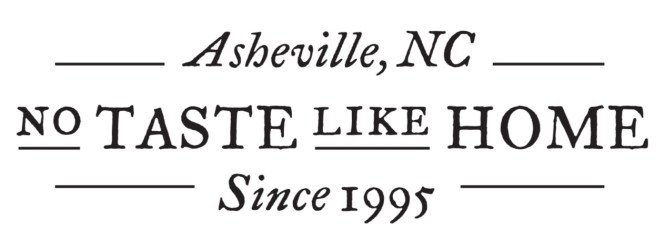75 Wild and Feral Foods
This is a list of the most common and easy to harvest edibles in Western North Carolina. If you live elsewhere, the list for your area may be somewhat different. These edibles are not necessarily the tastiest in our area nor the easiest to identify. Keep in mind that our area is also home to at least one common deadly mushroom and one common deadly plant. Always learn in person from an expert.
Mushrooms
lobster
hen of the woods (maitake)
chicken of the woods
chanterelle
honey mushroom
leatherback milk cap
morel
boletes (some)
oyster
reishi
turkey tail
blusher
puffball
meadow
Russula (some)
ceasar’s
parasol
beefsteak
cauliflower
brick top
hedgehog
chaga
Roots
burdock
fairy potato (cinnamon vine, aerial tuber)
greenbriar (sarsparilla)
sassafras
Greens
chickweed
dandelion
lambsquarter
nettle
violet
daisy
ramp (wild leek)
onion grass
quickweed
sochane (coneflower)
wintercress (creasy greens)
waterleaf
Shoots
bamboo
cattail
daylily
milkweed
Flowers
daylily
violet
elder
black locust
Fruit
elderberry
blueberry
persimmon
sumac
autumn olive
mulberry
spicebush
kousa dogwood
black cherry
paw paw
prickly pear
honey locust
feral apple
feral pear
pin cherry
beauty berry
Nuts
acorn
black walnut
chestnut
hickory
Seeds
evening primrose
lambsquarter
plantain
